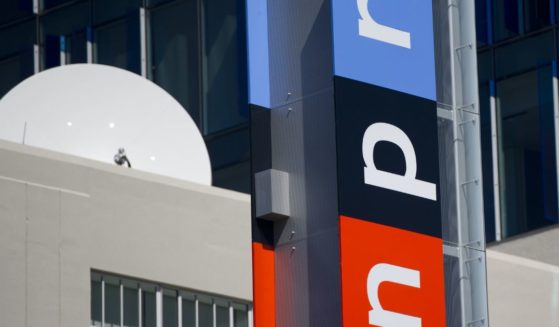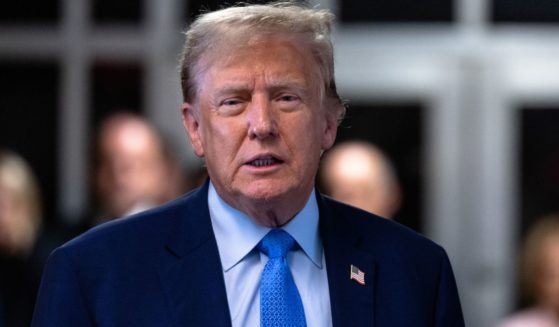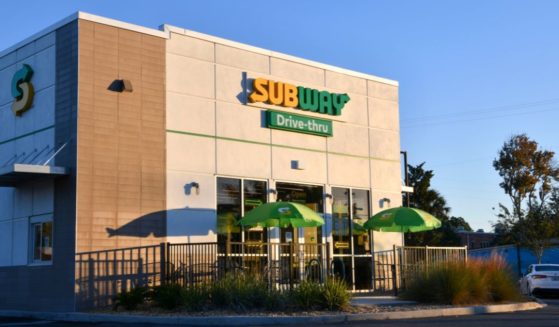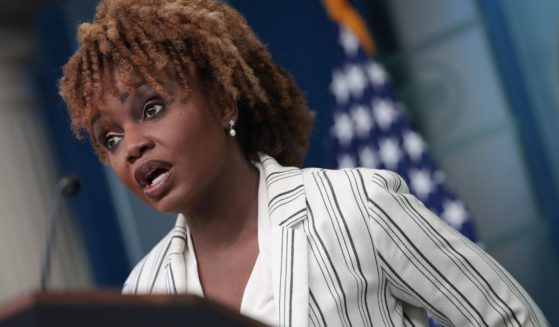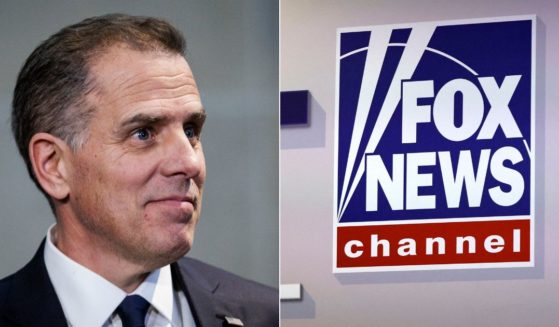What Did COVID-19 Really Teach Us About Capitalism?
Since before COVID-19 entered the world stage, progressives have been searching for a way to permanently end capitalism. When the first pandemic in a century was officially declared, it gave them hope that their anti-capitalist dreams would become reality.
Rainer Zitelmann, a German historian and author, wrote an Op-Ed discussing this idea Monday for the Washington Examiner. He said that the coronavirus gave progressives their best opportunity since 2008 to attack the most successful economic system in the history of the world.
“In the global financial crisis of 2008, anti-capitalists saw the long-awaited end of capitalism coming, but when this too failed to materialize, they were forced to wait until the coronavirus crisis as a source of new hope,” he wrote.
“Even in the earliest days of the pandemic, many left-wing intellectuals proclaimed that this crisis marked the final nail in the coffin of capitalism and would finally deliver what they had been hoping for from the 2008 financial crisis, namely a fundamental reorganization of society and the end of capitalism.”
As an example, Zitelmann discussed an article British sociologist William Davies published with The Guardian in March 2020. In it, Davies publicly hoped that anti-capitalists would use the pandemic to their advantage.
“The degree of devastation it will spread is due to very basic features of global capitalism that almost no economist questions — high levels of international connectivity and the reliance of most people on the labour market,” he wrote.
“These are not features of a particular economic policy paradigm, in the way that fixed exchange rates and collective bargaining were fundamental to Keynesianism. They are features of capitalism as such.”
In case that was not clear enough, Davies went on to write that “a crisis of this scale will never be truly resolved until many of the fundamentals of our social and economic life have been remade.”
During the early days of the pandemic, the general public was relatively willing to listen to this logic, at least for the time being. America went into lockdown mode, and citizens soon began to look to the government to provide for them.
Yet as the COVID-19 crisis wore on, it became clear that this model was unsustainable. Businesses closed not because of the failure of capitalism, but rather due to power-hungry state governments that defied science and barred Americans from working.
The economies of Democrat-led states struggled, while COVID-19 cases and deaths did not significantly decrease compared to states such as Florida and Texas that turned back to capitalist values more quickly.
The suggestion that this pandemic highlighted the need for more government intervention is patently ludicrous. Anyone who has not been living under a rock for the past year and a half should be able to see that.
We have seen government health officials outwardly lie to Americans, lawmakers in Washington destroy small businesses and a president continue to tank the economy by handing out free checks to citizens who could just as easily rejoin the workforce.
That is hardly a good argument for big government.
Yet when Davies argued against reliance on the labor market, that is what he was truly implying — that Americans should instead rely on the government to solve all of their problems.
Another important component this argument seems to ignore is that the free market largely got us out of this pandemic, or at least sent us well on our way to the goal.
When the pandemic first began to spread in the United States, many companies were quick to lend a hand. According to Triple Pundit, clothing brands like Nordstrom and H&M began producing masks, car manufacturers like Ford and GM started making respirators and ventilators and even alcohol companies like Bacardi worked to produce hand sanitizer.
Then there is the fact that capitalist pharmaceutical companies Pfizer and Moderna developed vaccines in a time frame that was previously considered impossible. Those vaccines are now being touted by progressives in Washington as amazing medical innovations.
Even so, President Joe Biden is simultaneously trying to destroy those companies and praise their efforts. On May 5, 2021, The New York Times reported that Biden supported waiving the patents for coronavirus vaccines.
There is no way to define that act as anything other than theft. The government incentivized Pfizer and Moderna to create vaccines, and now it is attempting to tell those companies that they no longer have a right to their own intellectual property.
“There have always been epidemics and pandemics,” Zitelmann wrote. “And although globalization meant that the COVID-19 pandemic was able to spread rapidly, it was ultimately capitalism that ensured that, so soon after the crisis started, countermeasures would be ready to deal with and overcome it.”
These companies developed the vaccines in record time, and they deserve the credit. Instead, the Biden administration wishes to forward its hatred for big pharma by effectively stealing their innovation and subsequent profits.
It is all part of a broader effort by progressives to hide the truth: Capitalism rescued us from the jaws of the pandemic. But to admit as much would be to surrender government power, and that is a concession that the Biden administration is not willing to make.
Truth and Accuracy
We are committed to truth and accuracy in all of our journalism. Read our editorial standards.


